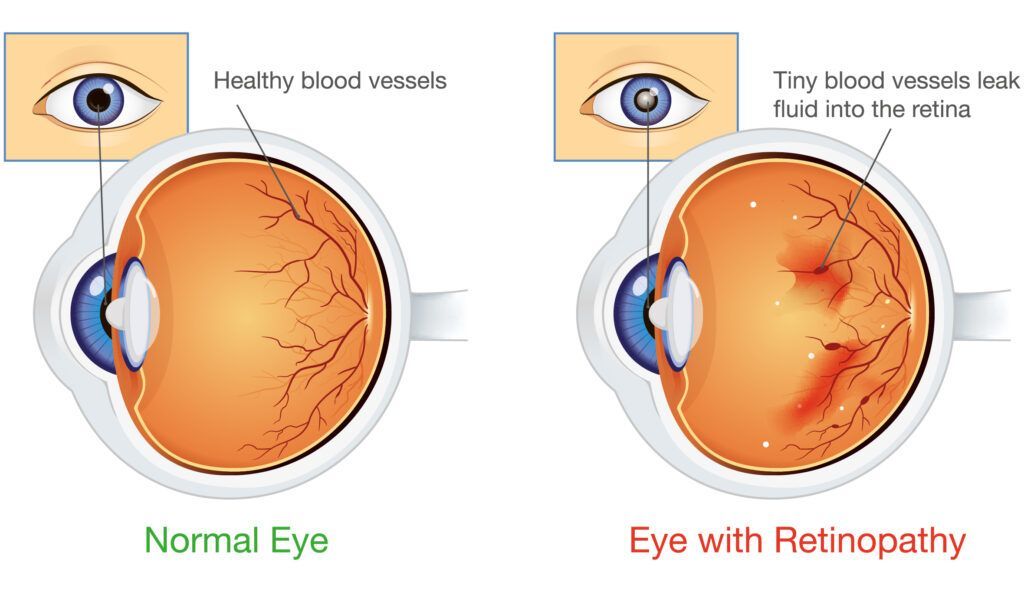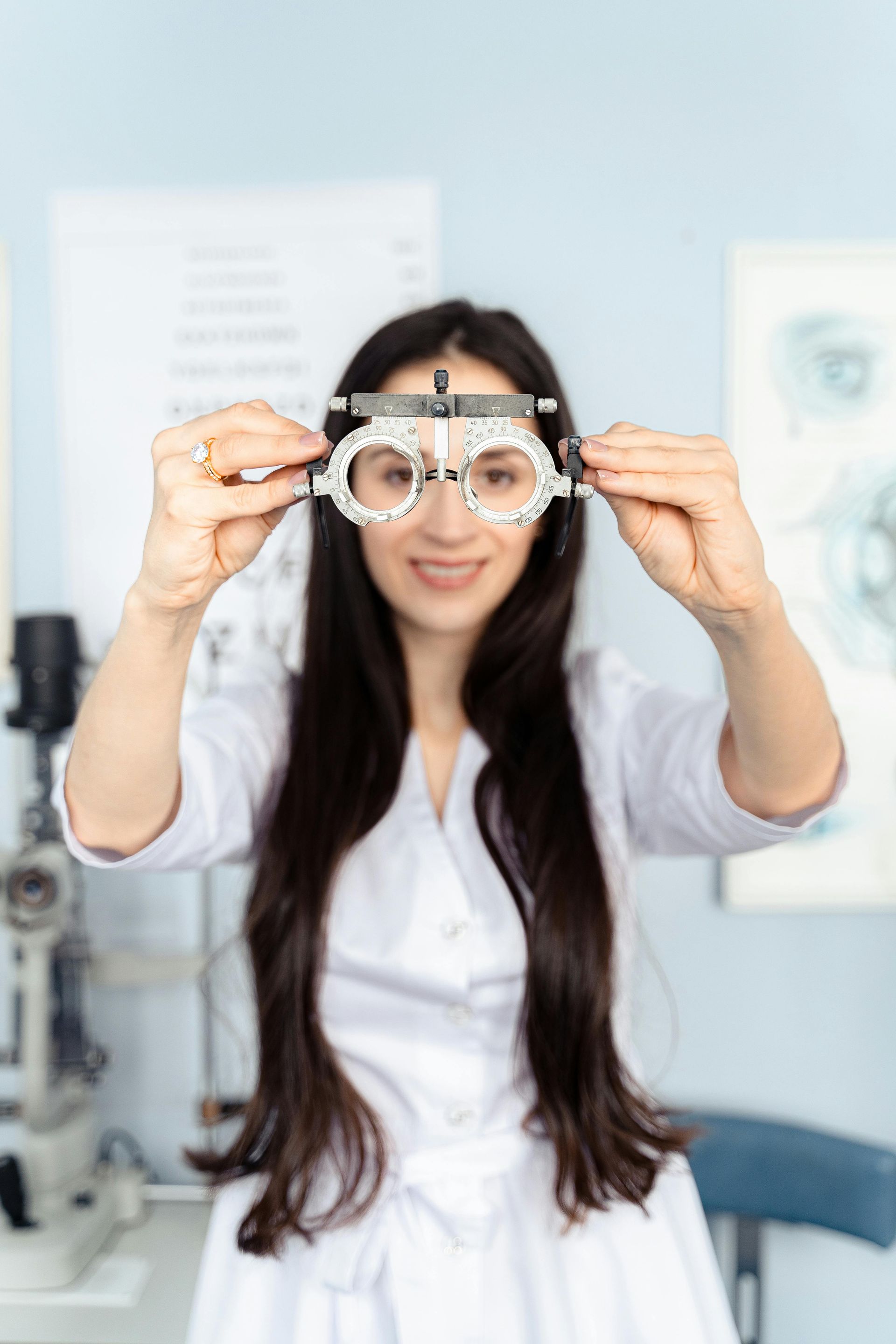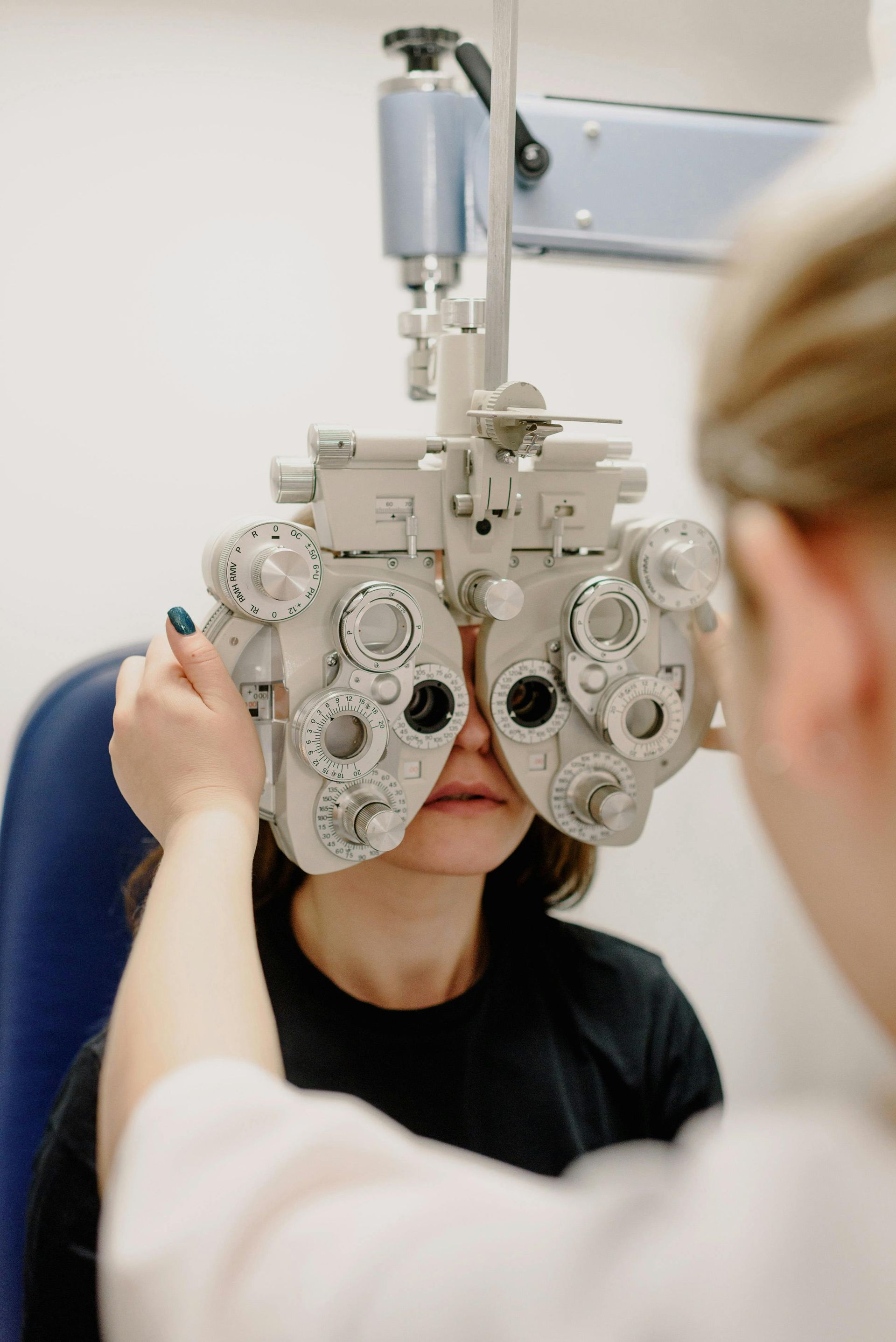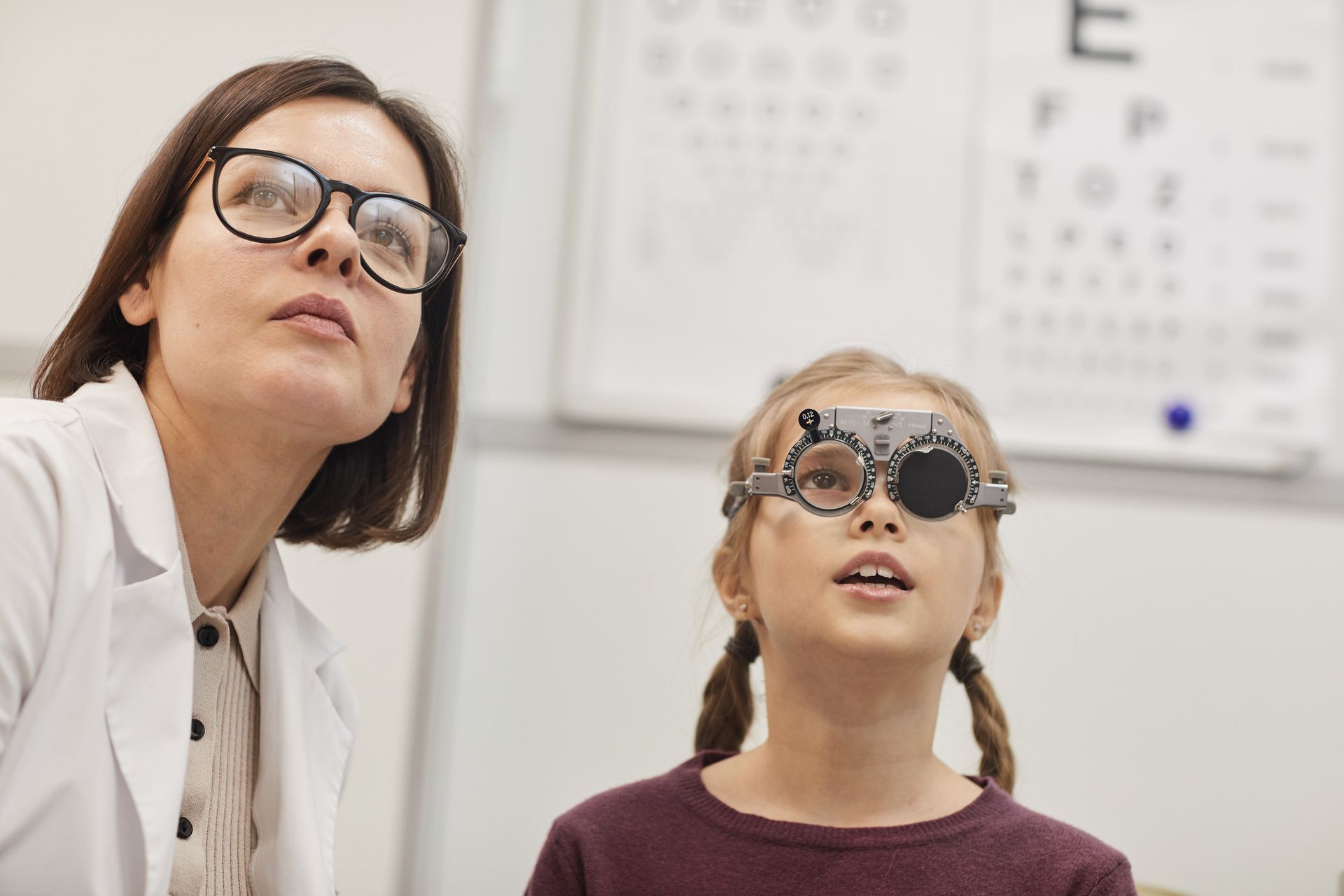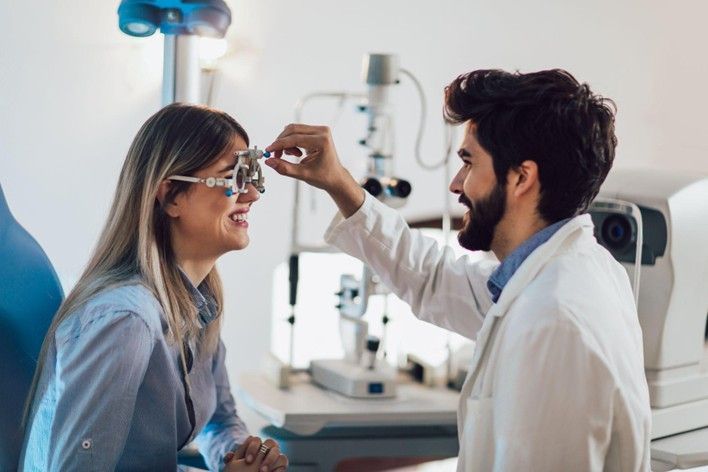Debunking Myths about Cataracts
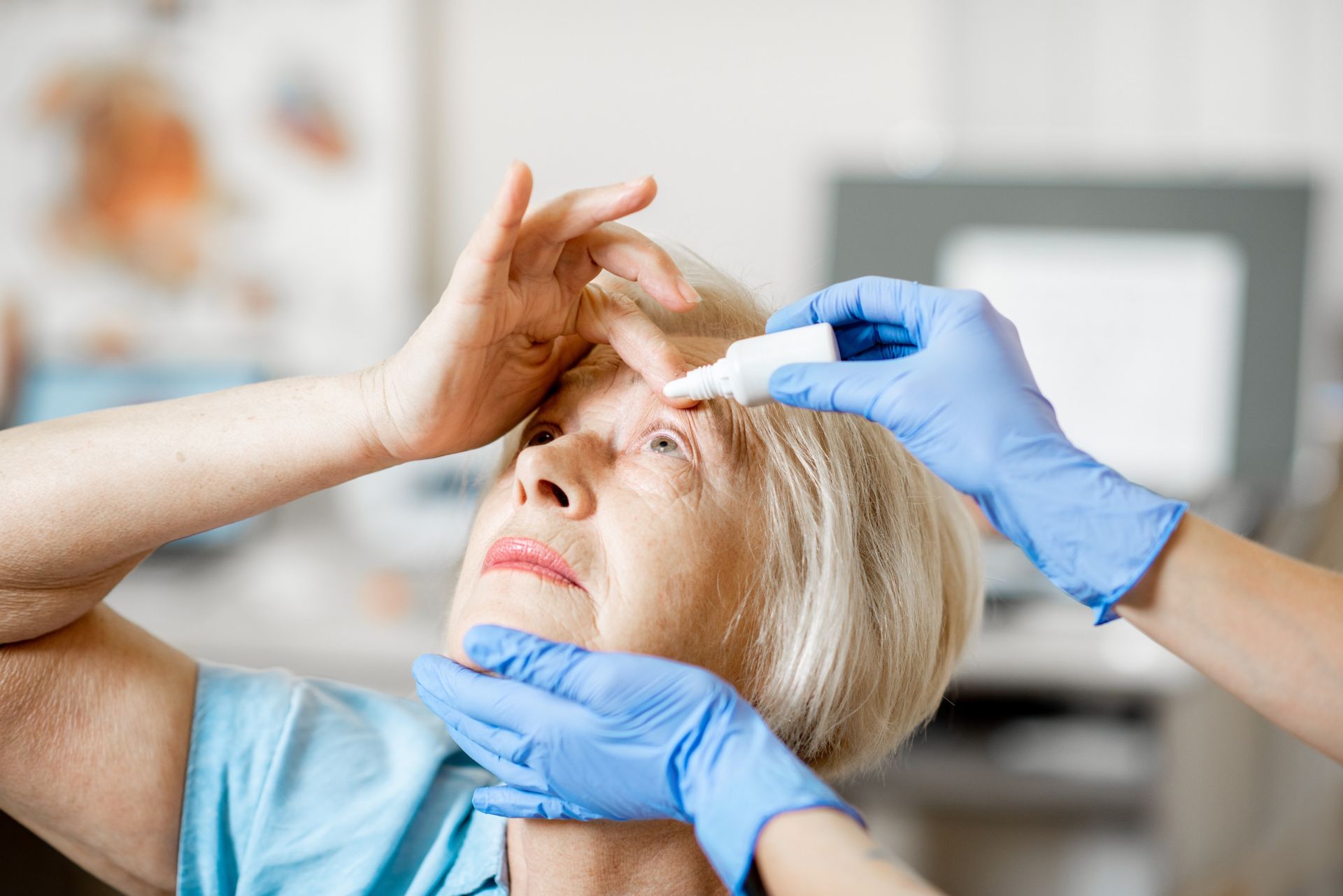
Separating Fact from Fiction about Cataracts
Cataracts are a common eye condition that affects millions of people worldwide. Unlike a contagious illness, cataracts impact the eye's internal lens, not causing complete blindness but affecting light perception. Despite their prevalence, several misconceptions surrounding cataracts can lead to confusion and unnecessary concern.
Here are some of the most common cataract myths and truths to help you better understand this condition:
Myth 1: Only Older Adults Develop Cataracts
While cataracts are more commonly associated with aging, they can develop at any age. Other factors, such as genetics, medical conditions like diabetes, trauma to the eye, and prolonged exposure to sunlight or radiation, can also contribute to the development of cataracts. People of all ages need to be aware of cataracts' risk factors and symptoms.
Myth 2: Cataracts Always Require Immediate Surgical Intervention
While cataract surgery is the most effective treatment for cataracts, it may not be immediately necessary in all cases. In some instances, especially if cataracts are in their early stages and not impacting vision or daily activities, a watchful waiting approach may be appropriate. Regular monitoring by an eye care professional can help determine the progression of cataracts and when surgery may be warranted.
Myth 3: Eye Drops or Medication Can Cure Cataracts
Unlike some other eye conditions, cataracts are not treatable with eye drops or medication. Once cataracts have developed to an advanced stage, the only effective treatment is surgical removal. Cataract surgery involves replacing the cloudy lens with an artificial intraocular lens (IOL). While no medications can reverse cataracts, regular eye exams can help detect them early and prompt timely treatment.
Myth 4: Cataract Surgery Is Risky and Painful
Cataract surgery is one of the safest and most commonly performed surgical procedures worldwide. With technological advancements, cataract surgery has become minimally risky and painless for most patients. The healthcare provider typically performs the procedure on an outpatient basis, and patients can usually resume their normal activities within a few days. Complications from cataract surgery are rare, and the benefits of improved vision far outweigh the risks for most individuals.
Myth 5: Lifestyle Changes Cannot Prevent or Slow down the Progression of Cataracts
While aging is a primary risk factor for cataracts, certain lifestyle modifications can help reduce the risk or delay the onset of cataracts. For example, wearing sunglasses with UV protection, maintaining a healthy diet rich in antioxidants and nutrients like vitamins C and E, and quitting smoking can all contribute to overall eye health. Additionally, managing underlying medical conditions such as diabetes and maintaining a healthy weight may also help reduce the risk of developing cataracts.
Debunking myths about cataracts is crucial for promoting awareness, understanding, and early detection of this common eye condition. Our experts at Optometric Associates of Southern Maine can help you detect eye issues early to get the proper treatment at the right time. Contact us today.


